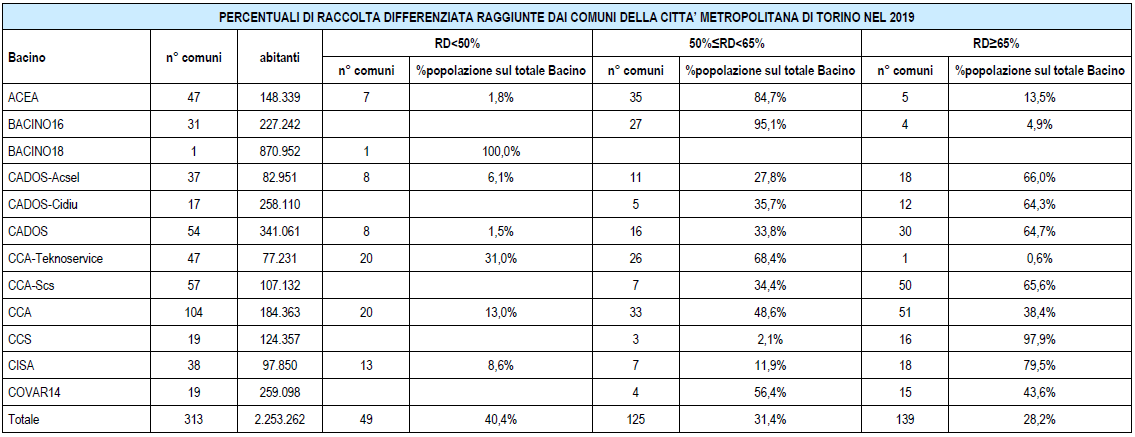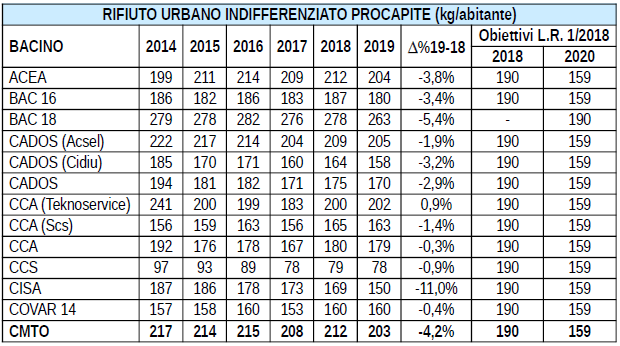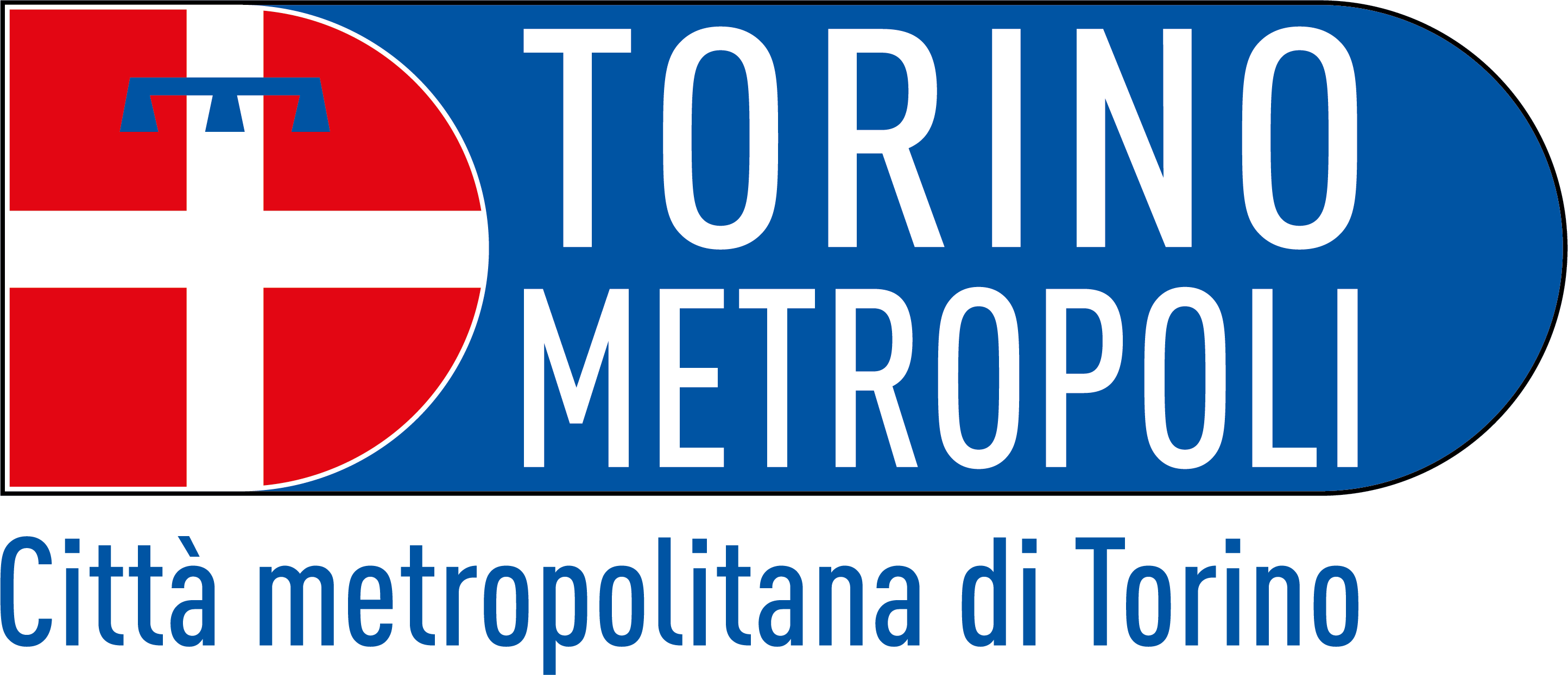The Waste Observatory of the Metropolitan City of Turin has been managing, since 1996, a large database on urban waste, which represents a fundamental tool for monitoring and supporting the implementation of territorial planning on waste matters. The work of the Observatory is condensed into what, since 2001, has been an annual event of great importance for those, insiders and "ordinary" citizens, who are interested in having a detailed picture of what is happening on our territory in the urban waste management. We are talking about the Report on the state of the waste management system which, after a period of forced stop linked above all to changes in the internal organization of the body, is once again available to the public. The Report, drawn up with the invaluable help of the colleagues of the ATOR and of the colleagues of the CSI, analyzes all the main aspects of the system: from the general framework of the urban waste management system, to the data of waste production and collections (sorted and no), the endowment of treatment plants, the projects promoted by the Metropolitan City of Turin, the costs of the collection and disposal services, as well as the enhancement of the collected fractions etc ... The data, in order to make up for the lack of publication in the last 3 years, cover the period 2017-2019. Naturally, we recall that the work of the Observatory continues on a monthly basis and that it allows those interested to consult the data from the waste management bodies of the territory on the dedicated page . In 2019 total waste production decreased, albeit slightly (-1.1%) and separate waste collection grew by 1.5%, especially in areas outside the capital, nevertheless it is still far from the national target of 65% by RD (Table 1)

Also interesting is the reduction of over 21,000 tons of "non-recoverable" waste recorded in 2019 compared to the previous year, which in this way makes the waste-to-energy plant more capacious for extra-metropolitan urban areas (the plant was classified by the Piedmont Region as a regional area) and for special waste. Even for the per capita production of non-recoverable waste, the metropolitan area is still far away from the objectives defined by the Region, although in some areas the result has already been achieved not only in the last year. (Table No. 2)

The 2020 Report is dedicated to our former colleague Giorgio Gollo, who left us just over a year ago; we remember him for his self-denial, seriousness, but above all for the passion with which he dedicated himself to the Observatory for many years.
